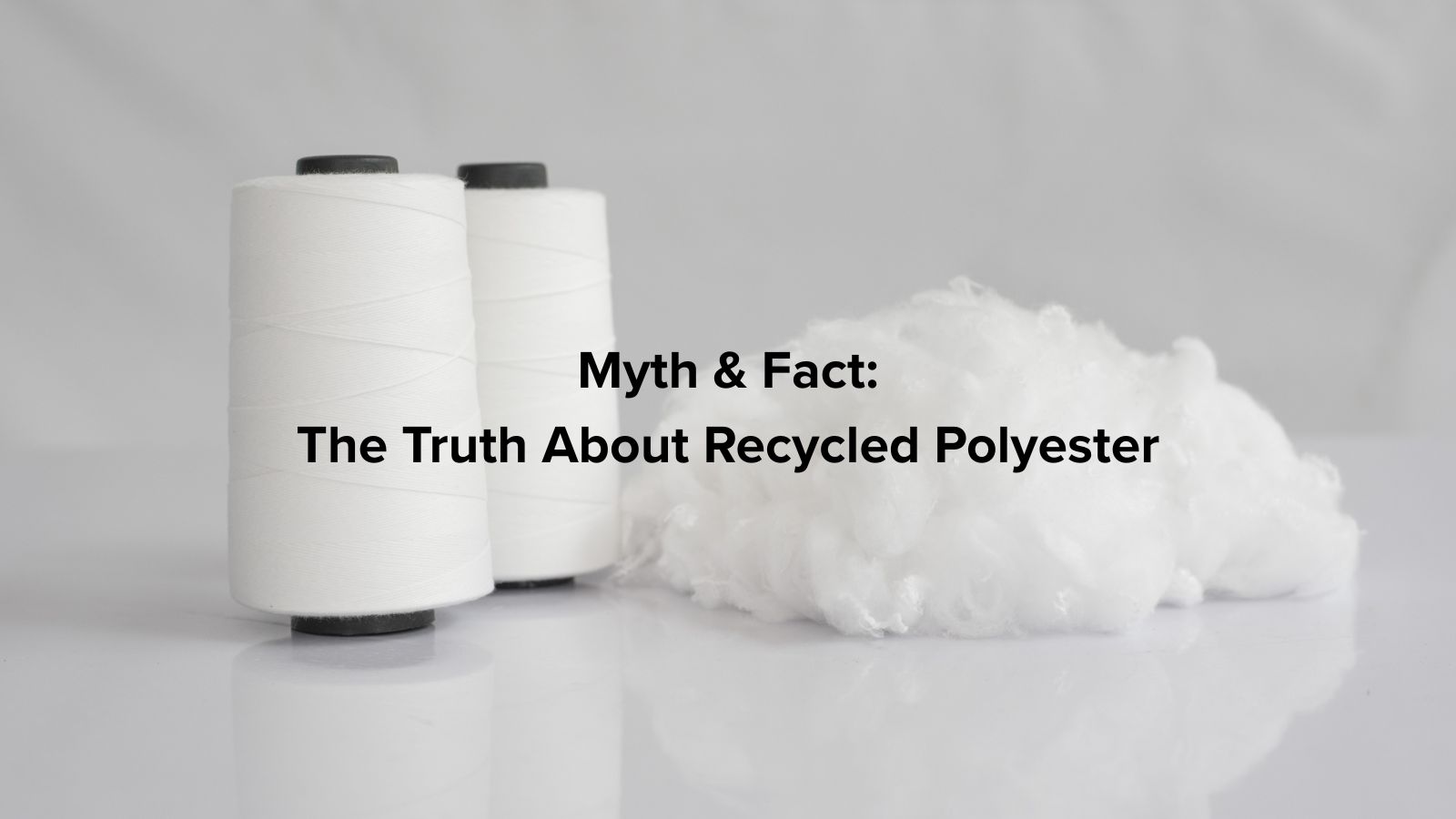As sustainability now takes center stage in the fashion and textile industries, recycled polyester (rPET) has emerged as a popular alternative to virgin polyester. However, several myths and misconceptions have come into focus with its rise in popularity. Let’s separate fact from fiction and uncover the truth about recycled polyester.
Myth 1: Recycled Polyester is Lower in Quality Than Virgin Polyester
Fact: Many believe that recycled polyester is weaker or less durable in quality when compared to virgin polyester, but this is far from true. High-quality rPET goes through advanced processing techniques, ensuring it retains its strength, flexibility, and performance similar to virgin polyester. Many leading brands use recycled polyester in performance wear, demonstrating its durability and reliability.
Myth 2: Recycling Polyester is Just as Harmful as Producing Virgin Polyester
Fact: The production of virgin polyester requires large amounts of petroleum, energy, and water, contributing to greenhouse gas emissions. On the other hand, recycled polyester significantly reduces environmental impact. The process of converting plastic waste (such as PET bottles) into rPET uses up to 59% less energy and reduces CO₂ emissions by approximately 32% compared to virgin polyester production. While no manufacturing process is entirely free of environmental impact, rPET is a far more sustainable choice in the process.
Myth 3: Recycled Polyester Can’t Be Recycled Again
Fact: Recycled polyester can be processed multiple times without losing its integrity. While textile recycling infrastructure is still developing, advancements in chemical recycling make it possible to break down polyester into its basic components and create new fibers. As circular economy initiatives grow, more solutions are emerging to make polyester recycling a continuous loop.
Myth 4: Recycled Polyester Fabrics Aren’t Comfortable or Versatile
Fact: Today’s recycled polyester fabrics are just as soft, breathable, and adaptable as their virgin counterparts. Whether in activewear, outerwear, or everyday clothing, rPET delivers the same level of comfort and performance. Innovations in fabric technology ensure that rPET can be blended with natural fibers like cotton and wool to create diverse textile options.
Myth 5: Recycled Polyester Doesn't Make Real Difference in Plastic Waste
Fact: Every year, millions of plastic bottles end up in landfills and oceans. By converting these bottles into textiles, recycled polyester helps divert plastic waste from the environment. A single rPET T-shirt can save about five to ten plastic bottles from becoming polluted. While recycling alone won’t solve the plastic crisis, it plays a crucial role in waste reduction and sustainability efforts.
Recycled polyester is an innovative and eco-friendly solution to reducing plastic waste while maintaining high-quality fabric performance. As technology advances, rPET will continue to play a crucial role in the sustainable fashion and textile industries. Choosing recycled polyester is not just an environmental statement—it’s a step toward a greener future.

